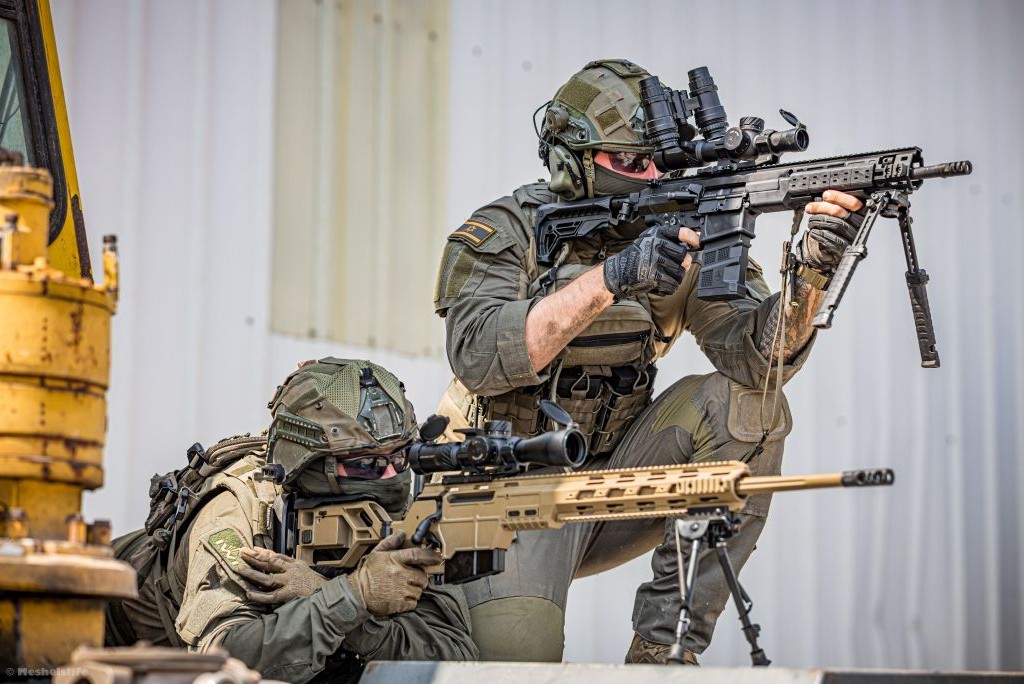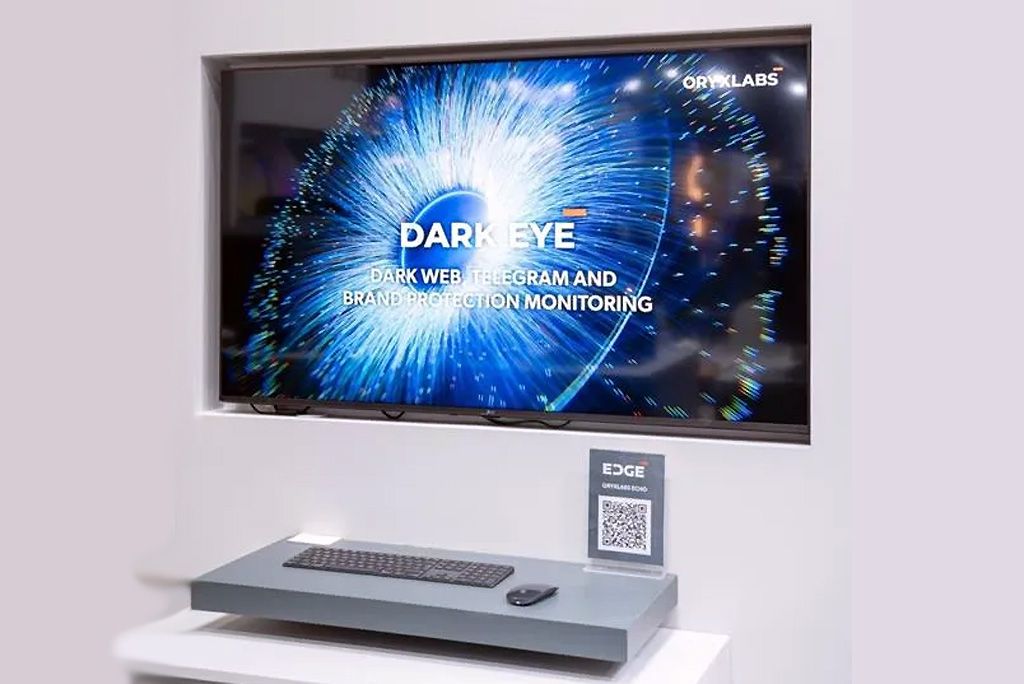The Underwater Tech Tug-of-War: France’s Naval Group vs. Germany’s ThyssenKrupp Marine Systems
The ongoing rivalry in the submarine manufacturing arena between France’s Naval Group and Germany’s ThyssenKrupp Marine Systems (TKMS) has taken a new twist, with accusations flying across borders. Recently, leaders from Naval Group publicly criticized TKMS for supposedly undermining European submarine vendors by transferring sensitive technology to non-European nations, culminating in the emergence of new competitors on the global stage.
The Critique of Technology Transfers
During a round table discussion held in Paris earlier this month, Guillaume Rochard, the head of strategy, partnerships, and mergers at Naval Group, expressed concern over TKMS’s technology transfer practices. He warned that such actions have significantly contributed to the development of nations like Turkey and South Korea, which are now actively exporting their submarines. “TKMS are champions at creating new competitors,” Rochard stated, underscoring the competitive edge that these countries have gained as a result of these technology transfers.
Rochard’s comments reflect a broader concern within the European defense landscape regarding the impact of technology sharing. Given the critical nature of submarine capabilities in national defense, the implications of transferring proprietary technologies to foreign entities are significant. By facilitating the development of submarine expertise in countries previously reliant on European firms, TKMS may inadvertently be fostering new rivalries that could jeopardize the market positions of established players like Naval Group.
A Defensive Stance from ThyssenKrupp
In response to Naval Group’s allegations, TKMS firmly defended its approach to technology transfer. The German company asserted via an email to Defense News that it “sets the benchmark for responsible technology transfer” within the naval industry. They emphasized that their practices are thoroughly aligned with international regulations governing export controls and that all customer agreements are intricately structured to allow clients to operate their projects effectively while safeguarding TKMS’s intellectual property.
“One of our core missions is to ensure that customers can manage and execute any necessary naval mission,” the company reiterated, signaling a commitment to supporting client needs without compromising the security of its technologies.
The Stakes for European Defense Policy
The growing tension between these submarine manufacturers unfolds against a backdrop of shifting defense policies in Europe. Alexandre Lahousse, head of the defense industry directorate at France’s armaments directorate (DGA), highlighted the need for vigilance over export credentials in response to rising demands for greater technology sharing from export clients. According to Lahousse, this trend raises a critical question: “How do we ensure that what was a few percent before and now becomes large chunks does not go against our defense industrial policy?”
In the landscape of international sales, where defense contractors increasingly negotiate for off-sets and technology sharing, maintaining a strategic edge becomes paramount. Lahousse noted ongoing dialogues with industry partners to balance these demands with France’s goal of preserving critical defense skills within the nation.
Turkey’s Growing Submarine Industry
Highlighting TKMS’s involvement, Turkey has emerged as a key player in the submarine market. The German firm secured an order back in 2009 to provide six submarines equipped with an air-independent propulsion system based on established TKMS technology. With the first of these Reis-class submarines entering service recently, Turkey appears poised to advance its own naval manufacturing capabilities substantively.
Moreover, Turkey has embarked on constructing its first locally designed submarine, signaling a rapid transition towards self-sufficiency in submarine technology. This initiative not only showcases Turkey’s growing defense autonomy but also exemplifies the significant ramifications of TKMS’s technology transfers.
The German-South Korean Partnership
The submarine market dynamics also spotlight the collaborative ventures between Germany and South Korea. ThyssenKrupp’s provision of design and significant components for the Class 214 submarines, which were built by Hyundai Heavy Industries and Hanwha Ocean, has established South Korea as another formidable competitor in submarine manufacturing. With these submarines baselined in the early 2000s, it is clear that the influence of TKMS’s technology extends well beyond European borders.
Conclusion
As Naval Group and TKMS navigate this complex relationship, the implications of their competitive strategies are unfolding within a broader context of defense policy, technological security, and industrial capability. The ongoing dialogue, filled with tensions and differing approaches to technology transfer, underscores the necessity for robust frameworks in the ever-evolving defense market. The pursuit of technological supremacy and market leadership will undoubtedly continue to shape submarine manufacturing in Europe and beyond.





